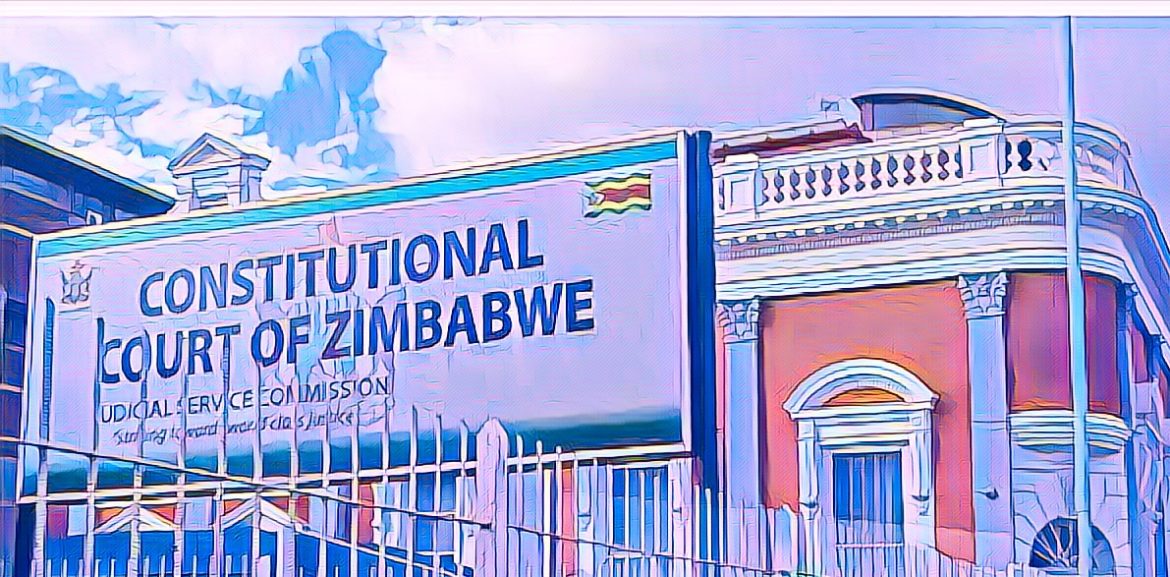In a landmark decision, South Africa’s highest court has definitively sided with holders of Zimbabwean Exemption Permits (ZEPs). This week, the Constitutional Court unanimously rejected an appeal from the Home Affairs Minister to overturn a lower court ruling that declared the termination of the ZEP program unlawful. The decision compels the government to engage in a fair consultation process with ZEP holders before any changes to the program can be implemented.
Uncertain Future for ZEP Holders Leads to Legal Battle
The ZEP program provided legal residence and work authorization to an estimated 178,000 Zimbabwean nationals residing in South Africa. However, in 2023, the Home Affairs Minister announced the termination of the program, throwing the lives of these individuals into uncertainty. This decision sparked immediate legal action from the Helen Suzman Foundation, a human rights organization, which challenged the termination on the grounds of a lack of proper legal procedures.
The Gauteng High Court in Pretoria sided with the Helen Suzman Foundation in June 2023. The court’s ruling emphasized that the Home Affairs Minister had failed to follow proper legal procedures by not engaging in “meaningful consultation” with ZEP holders before announcing the termination. This consultation process is crucial as it allows those affected by a decision to voice their concerns and perspectives.
The Home Affairs Minister appealed this decision to the Supreme Court of Appeal, which upheld the lower court’s ruling earlier in 2024. The latest judgment by the Constitutional Court serves as the final say in the matter, solidifying the requirement for fair consultation before any changes are made to the ZEP program.
Relief for ZEP Holders, But Questions Remain
The Helen Suzman Foundation hailed the court’s decision as a significant victory for both ZEP holders and South African citizens. The foundation emphasized that the ruling safeguards the cornerstone principles of a fair hearing and responsible governance within South Africa’s constitutional framework.
The court’s decision offers a measure of relief for ZEP holders who faced an uncertain future with the potential termination of the program. It guarantees them the right to be heard and considered before any decisions are made regarding the ZEP program’s fate.
While the court’s ruling upholds the rights of ZEP holders to fair consultation, it doesn’t dictate the final outcome of the program. The Home Affairs Minister is still obligated to decide on the ZEP program’s future, but must now do so through a legal process that includes meaningful consultation with those affected.
The details of this consultation process remain unclear. The government will need to determine the format of the consultation, who will be included, and the timeframe for gathering input. It is likely that the consultation process will be complex and time-consuming, with various stakeholders offering diverse perspectives on the ZEP program.
The timeline for a final decision on the program’s future also remains uncertain. Depending on the outcome of the consultation process, further legal challenges could arise if ZEP holders feel their concerns haven’t been adequately addressed.
Impact on South Africa
The fate of the ZEP program has broader implications for South Africa. The program has been a source of debate, with some arguing that it puts a strain on resources and job opportunities for South African citizens. Others argue that ZEP holders contribute positively to the South African economy and that their forced return to Zimbabwe could have negative consequences for both countries.
The upcoming consultation process offers an opportunity for a comprehensive discussion on these issues. The final decision on the ZEP program will likely be a complex one, balancing the rights of ZEP holders with the needs of South Africa’s economy and society.
Source: New Zimbabwe


